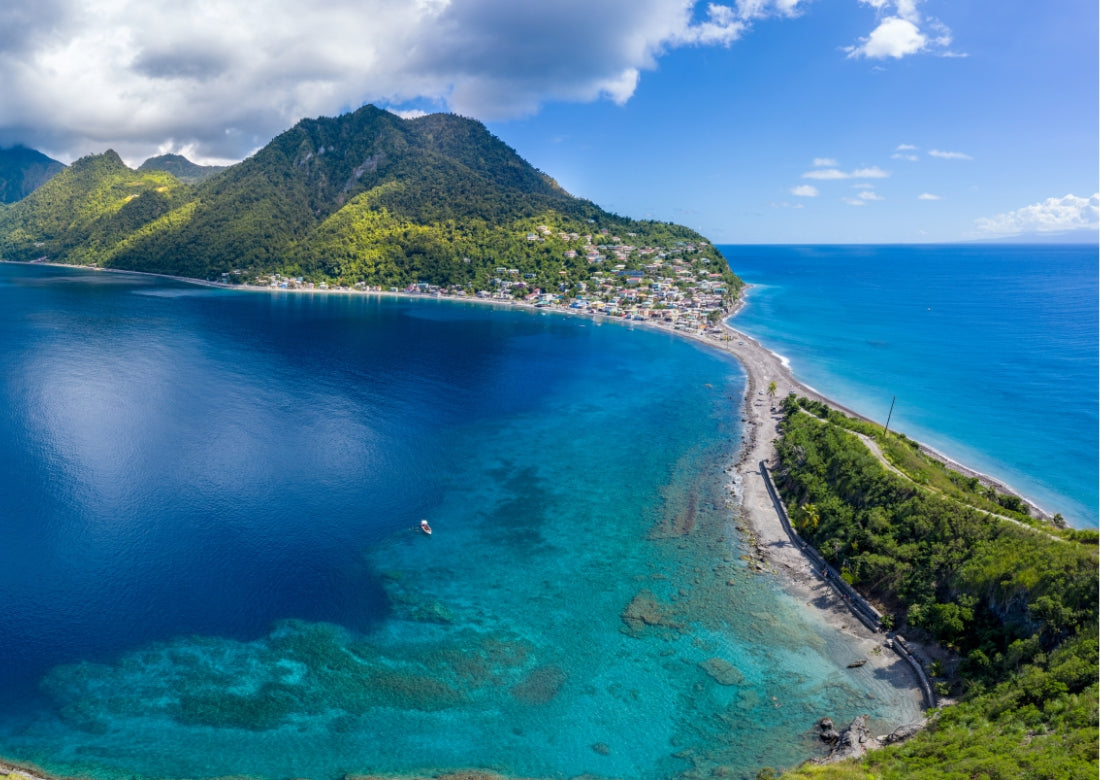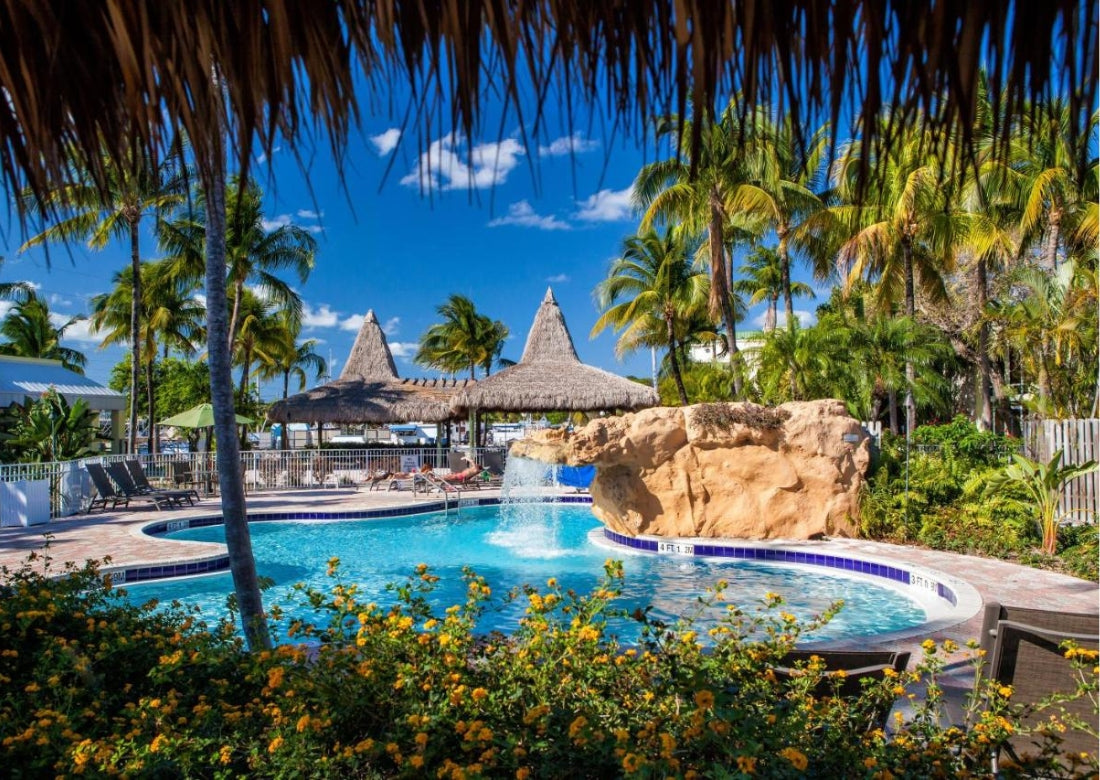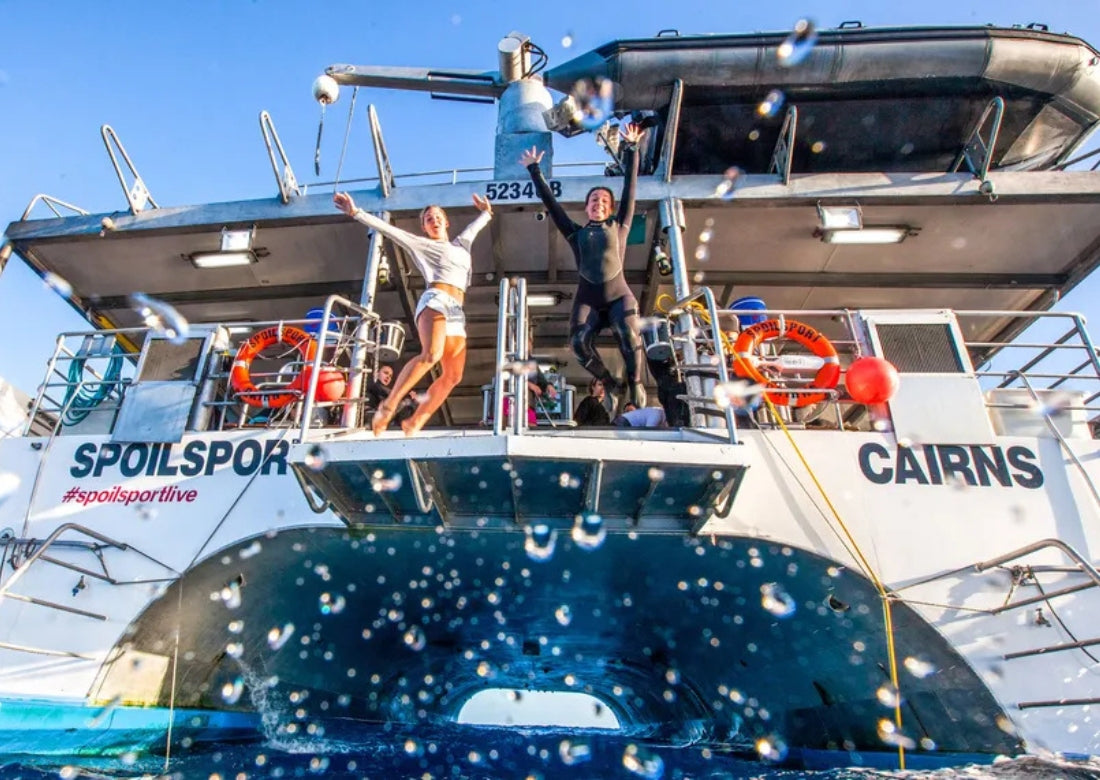Diving Vacation With Kids - Tips for a Stress-Free Trip

Planning a dive holiday is often a big investment in time, money, and effort, especially if you decide to take kids along. Factoring a child’s needs into your travel arrangements can be difficult, however, a family diving vacation will create some amazing bonding opportunities and give you a chance to introduce your loved ones to your hobby. So here are a few things to remember when going on a dive vacation with kids.
Start Early
It is a good idea to start kids off with a few holiday-related projects before you leave. You could organize some ocean-themed entertainment, sign your children up for swimming classes, teach them to use a mask and snorkel, etc. If you already know, where you’ll be traveling, you can encourage your kids to explore the history, geography, animal, and plant life of your destination. All of this will help you get them excited and prepared for the trip
Choose the Right Location
Often, not everyone in the family is into diving, so you need to make sure that the destination you choose can satisfy both your diving desires and your family's interests. Find out whether such activities as sightseeing, shopping, children’s clubs, sports, etc. are easily accessible. Even if you plan to stay by the beach, make sure there’s a pool available as well. It is perfect for small children to splash around in.
Finally, it will also be a big plus, if the destination offers great snorkeling opportunities. This will not only keep your kids active and entertained, but also help you introduce them to the underwater world.
Be Prepared for the Climate
Many popular diving destinations are located in the tropics, so you will need to protect your children from the sun and heat. Choose loose-fitting light-colored clothes made from natural fibers. Have your children wear a wide-brimmed hat when playing outdoors. Don't forget that children's eyes are more vulnerable to glare than yours. Get good quality sunglasses or goggles with elasticated straps. Finally, don’t leave your children barefoot on a beach, as there can be bugs or sea urchins lurking in the sand. Bear in mind, children dressed comfortably for the weather and terrain will be happier in a new environment.
Don’t Forget the Medicine
When you are away from home and your routine, children are more likely to get ill. So, make sure you have a kid-appropriate first aid kit. The basic ingredients of your first aid kit should include baby aspirin, antiseptic wipes, plasters, sting treatment, a thermometer, and some antihistamines.
If you are traveling with babies or children with special dietary needs, check ahead whether all the critical supplies are easily accessible on location. In case you anticipate any difficulty in obtaining the items you need, bring enough with you for the whole stay. Otherwise, pack only a minimal supply.
Make Sure Everyone Knows What to Expect
Take your time to explain all the crucial aspects of the trip to your children. If you are traveling by plane and your kids are new to flying, let them know what’s going to happen. Talk them through the whole process step by step, including the airport security procedures, plane boarding, when and why they have to fasten their seatbelts, etc. Most children think flying is fun, so the best thing you can do is encourage it.
It is also important that you discuss your activities plan and make sure that the whole family approves of it. It should not come as a surprise to your children that you will be out diving at certain times.
Consider Introducing Your Children to Scuba
If your children express interest in scuba diving and you think that they are mentally and physically ready for the sport, sign them up for one of the special kids' scuba programs. Depending on the children's age there are a few different ways to introduce them to scuba. Kids as young as 8 can take part in PADI “Bubblemaker” or “Seal Team” classes, where they will be able to learn how to use scuba equipment and breathe underwater in shallow environments (2 meters/6 feet), usually a pool. Kids 10 years and older can be certified as Junior Open Water Divers. Divers 10-11 years old must dive with a PADI Professional or a certified parent, and dives cannot exceed 12 meters/40 feet. Divers 12-14 years old must dive with a certified adult and dives cannot exceed 18 meters/60 feet. After the age of 15, depth and buddy restrictions are the same as for regular PADI Open Water Divers.
If your kids are certified and you want to go boat diving with them, find out whether children are allowed on the dive boat.
Last but not least, inquire whether or not there is kid-sized gear available at the resort you plan on visiting.
Include Your Family in Your Special Interest
If your kids are too young or simply not ready to dive, you can still get them involved in your special interest. Many resorts and dive centers offer some sort of marine education programs with amazing underwater videos and slide shows, fish ID seminars, etc. There are also group travel programs for kids and teenagers interested in sailing and marine biology.
It is true, that traveling with kids requires asking many questions and taking many details into account, but it is every bit worth the trouble. The memories you create traveling and having fun together as a family will last a lifetime.




